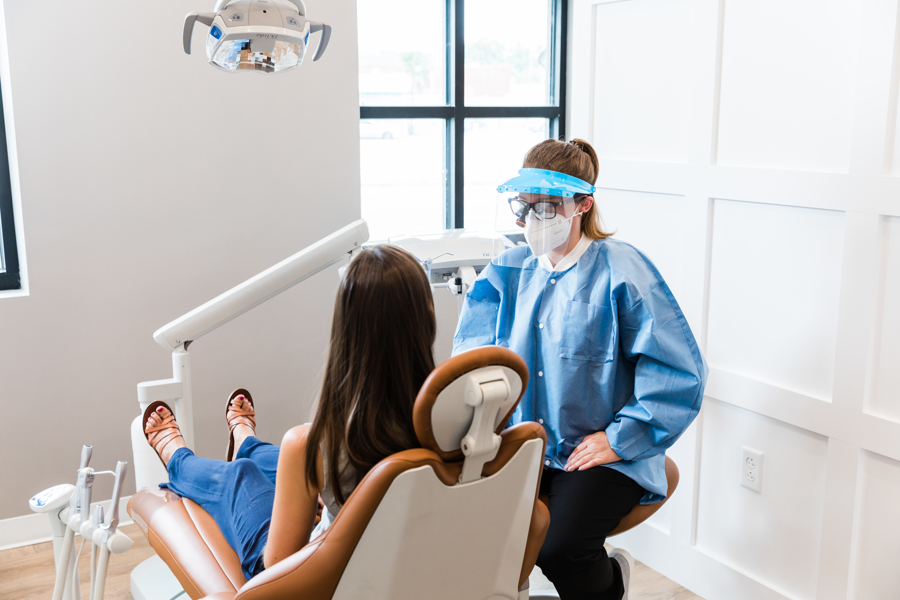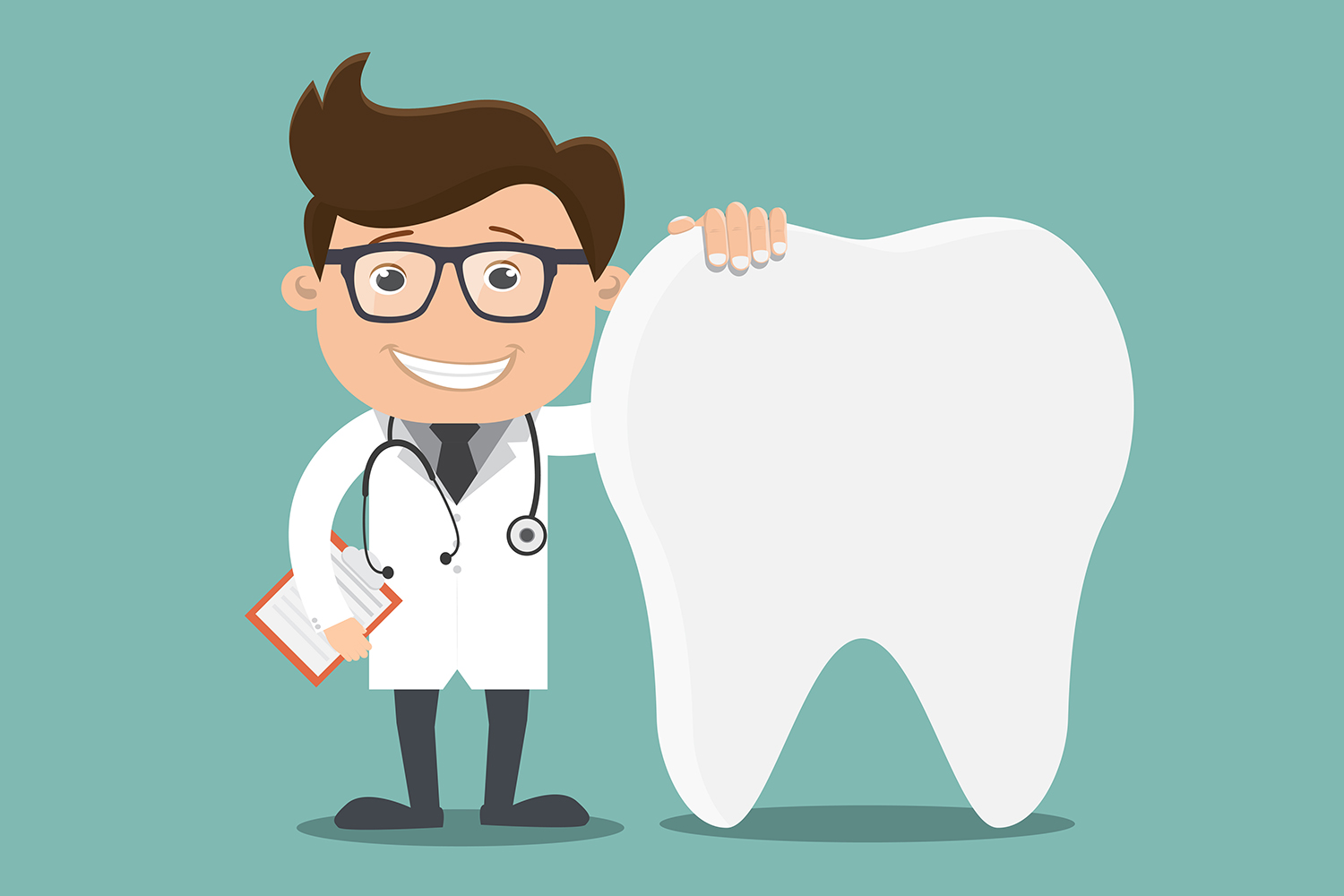Your Overview to Choosing the Right Dentist Eugene OR for Top Quality Service
Your Overview to Choosing the Right Dentist Eugene OR for Top Quality Service
Blog Article
Learn More About Frequent Dental Problems Your Dental Practitioner Can Settle
Comprehending constant dental problems is vital for preserving optimal dental health and wellness. Problems such as dental caries, gum tissue condition, tooth sensitivity, halitosis, and tooth degeneration are usual yet usually overlooked until they end up being serious. Dental professionals possess the experience to diagnose and treat these problems, therefore avoiding further issues. Regular oral brows through and individualized care strategies can attend to these issues successfully, making sure a much healthier and brighter smile. But what specific therapies do dental practitioners employ to fight these concerns, and exactly how can early intervention make a difference? The answers to these inquiries provide useful understandings into safeguarding your dental health.
Cavities
Cavities, also known as oral cavities, are a common dental health and wellness issue brought on by the demineralization of tooth enamel because of acid production from microbial plaque. This procedure begins when bacteria in the mouth metabolize sugars and starches from food, producing acids that deteriorate the enamel. If not attended to quickly, this erosion can permeate deeper right into the tooth, impacting the dentin and ultimately the pulp, possibly leading to severe pain and infection.
The beginning of tooth cavity development typically present as white spots on the tooth surface, suggesting initial demineralization. As the process progresses, these spots can turn into black or brown lesions, representing much more extensive decay. Regular dental examinations are critical for very early detection, as dental caries in their inceptive stages can be treated with remineralization methods, such as fluoride therapies.
When a cavity has actually developed, restorative intervention is essential. Dental practitioners typically remove the corroded section of the tooth and load the cavity with products such as composite resin, amalgam, or ceramic. In a lot more severe instances, a crown or origin canal therapy might be required. Safety nets, consisting of excellent dental hygiene practices and nutritional alterations, play a crucial role in reducing the danger of dental caries.
Gum Illness
While tooth cavities represent a significant problem for oral wellness, another critical concern that demands interest is gum illness. Also referred to as periodontal condition, gum illness is an inflammatory problem impacting the cells surrounding and sustaining the teeth. It is mostly brought on by the buildup of plaque-- a sticky film of bacteria that bases on teeth.
Gum illness proceeds via stages, starting with gingivitis, characterized by inflammation, swelling, and hemorrhaging gum tissues (eugene dentist). If left unattended, gingivitis can escalate to periodontitis, where the internal layer of the gum tissue and bone draw away from the teeth, developing pockets that end up being infected. Gradually, the toxins generated by the microorganisms break down the bone and connective cells that hold teeth in place, potentially causing tooth loss
Very early discovery and therapy are critical. Professional oral cleanings and boosted oral health practices, such as cleaning twice everyday and flossing, can take care of gingivitis. For advanced phases, therapies might consist of scaling and root planing, anti-biotics, or also surgical treatments.
Regular oral exams play a crucial function in taking care of and preventing gum tissue illness. Dental professionals can recognize early indications and advise ideal treatments, guaranteeing the upkeep of healthy gums and overall dental health.
Tooth Sensitivity
Tooth sensitivity influences millions of people worldwide, offering a common yet frequently traumatic oral problem. This condition occurs when the enamel, the outermost safety layer of the teeth, is endangered, revealing the underlying dentin.
Several factors add to enamel erosion and succeeding tooth sensitivity, consisting of hostile cleaning, acidic foods and beverages, periodontal recession, and bruxism (teeth grinding) Additionally, dental treatments such as teeth lightening can momentarily heighten level of sensitivity.
Halitosis
Another prevalent oral concern that influences people' everyday lives is bad breath, medically described halitosis. Bad breath typically originates from inadequate dental hygiene, which enables food bits to remain in the mouth, promoting bacterial growth.

Referrals may entail improving oral health methods, such as regular brushing and flossing, making use of antibacterial mouthwashes, remaining hydrated, and addressing any kind of dental problems. Reliable monitoring of halitosis not just enhances oral wellness yet also dramatically improves high quality of life.
Dental Cavity

Stopping tooth decay involves a combination of excellent dental hygiene techniques and normal oral check-ups. Cleaning teeth at the very least twice daily with fluoride toothpaste, flossing to remove plaque between teeth, and limiting the intake of sugary foods and drinks are vital safety nets. Fluoride treatments, oral sealers, and expert cleanings offered by a dental expert can also play a substantial role in fortifying enamel and avoiding decay.
When dental caries takes place, very early intervention is vital. Dental experts can get rid of corroded cells and restore the tooth with dental fillings made from products such as composite resin, amalgam, or porcelain. In advanced situations, treatments like crowns, origin canals, or extractions may be required. By dealing with tooth decay without delay, dentists help protect dental structure and feature, making certain long-lasting dental wellness.
Final Thought
Attending to typical oral issues such as tooth cavities, gum tissue disease, tooth level of sensitivity, foul breath, and dental caries is critical for maintaining optimal dental health and wellness and overall wellness. Dentists possess the know-how to identify and treat these problems efficiently, ensuring customized care for each individual. Regular preventative actions and dental exams are important in recognizing and managing these problems early, promoting a much healthier and more positive smile over a life time.

Tooth decay, also known as try this site oral decays, takes place when the you could try these out enamel, the outermost layer of the tooth, is worn down by acids produced by microorganisms in the mouth. Cleaning teeth at the very least twice daily with fluoride tooth paste, flossing to remove plaque in between teeth, and restricting the intake of sugary foods and beverages are necessary preventive procedures.Resolving common dental concerns such as dental caries, gum illness, tooth sensitivity, negative breath, and tooth decay is critical for maintaining optimal oral health and wellness and general health.
Report this page